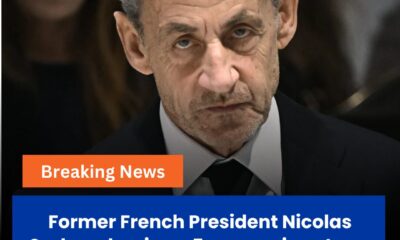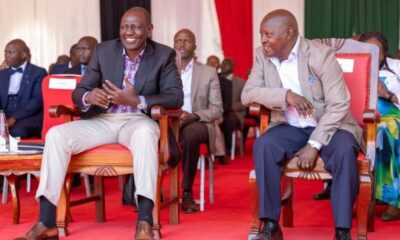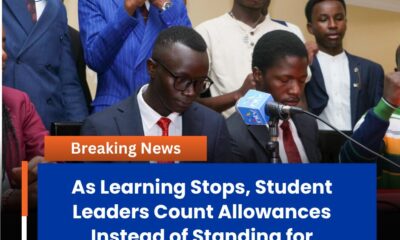And though the economic crisis poses long-term challenges to Mr. Erdogan’s electoral prospects, in the past he has used external economic threats to boost his short-term popularity, portraying himself as Turkey’s only viable bulwark against a sea of foreign troubles.
The war, then, has made it harder for opposition leaders to criticize Mr. Erdogan without being accused of a lack of patriotism.
Even Ekrem Imamoglu, an opposition politician who defeated Mr. Erdogan’s candidate in recent mayoral elections in Istanbul, and who is perceived as a future rival for the presidency, has been careful to show his strong support for the invasion. In a series of Twitter posts, he described the Kurdish militiamen as a “treacherous terror group” and said he was praying for the operation’s success.
Such statements add another obstacle to attempts by Turkey’s opposition parties to defeat Mr. Erdogan’s party.
To win the mayoralty, Mr. Imamoglu required the informal support of a pro-Kurdish party, which typically receives around 10 percent of the national vote and whose supporters helped pull him over the line. But the party’s perceived links to the Kurdish militant movement may now make it an electoral liability.
“In the medium term,” said Mr. Unluhisarcikli, “President Erdogan has made it harder for the cohesion of the opposition alliance.”
Reporting was contributed by Jack Ewing from Frankfurt; Matina Stevis-Gridneff from Brussels; Ben Hubbard from Dohuk, Iraq; and Carlotta Gall from Nusaybin, Turkey.

 General News6 days ago
General News6 days ago
 General News5 days ago
General News5 days ago
 General News8 hours ago
General News8 hours ago





